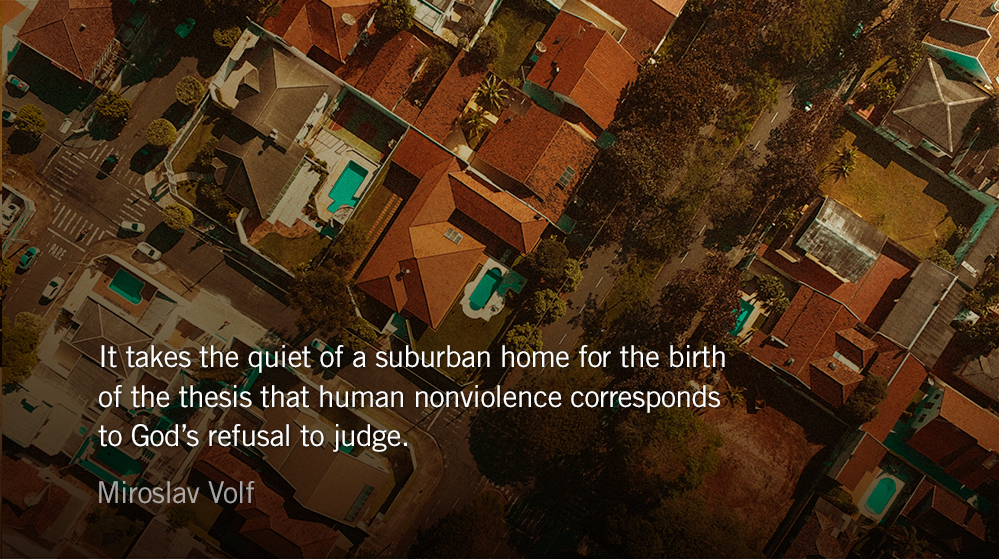O God, break the teeth in their mouths; tear out the fangs of the young lions, O Lord! — Psalm 58.6
“The vengeance of God is not indiscriminate anger,” Walter Brueggemann teaches in his book Praying the Psalms. “It is a reflection of God’s zeal for ‘his’ purposes of justice and freedom. God will not quit until ‘he’ has ‘his’ way, which is at odds with the ways of the world. And when God’s way is thwarted, say the Psalms, God powerfully intervenes.” Brueggemann continues:
For those who are troubled about the Psalms of vengeance, there is a way beyond them. But it is not an easy or ‘natural way.’ It is not the way of careless religious goodwill. It is not the way of moral indifference or flippancy. It is, rather, the way of crucifixion, of accepting the rage and grief and terror of evil in ourselves in order to be liberated for compassion toward others. In the gospel, Christians know ‘a more excellent way.’
David’s prayers for vengeance make me uncomfortable—but perhaps this says more about the effects of my culture’s perpetual comfort-seeking than it does about David or God. In his book Exclusion and Embrace, Miroslav Volf critiques the view that Scripture’s call for humanity to practice non-violence corresponds to God’s passivity:
The practice of nonviolence requires a belief in divine vengeance will be unpopular with many Christians, especially theologians in the West…. It takes the quiet of a suburban home for the birth of the thesis that human nonviolence corresponds to God’s refusal to judge. In a scorched land, soaked in the blood of the innocent, it will invariably die.
Volf exposes God’s fierce love for humanity. How much does God love us? Enough to rise in anger when evil and injustice win. David’s prayers for divine vengeance show us the deep trust he had for God.
On one hand David’s faith lead him to relinquish his own right to revenge. On the other hand David presupposed neither God’s actions or his own innocence before God. How much does God love us? Enough to sacrifice himself that we might live. Brueggemann concludes:
Our rage and indignation must be fully owned and fully expressed. And then (only then) can our rage and indignation be yielded to the mercy of God. In taking this route through them, we take the route God ‘himself’ has gone. We are not permitted a cheaper, easier, more ‘enlightened’ way.
Today’s Reading
Ezekiel 16 (Listen – 10:36)
Psalms 58-59 (Listen – 3:32)






